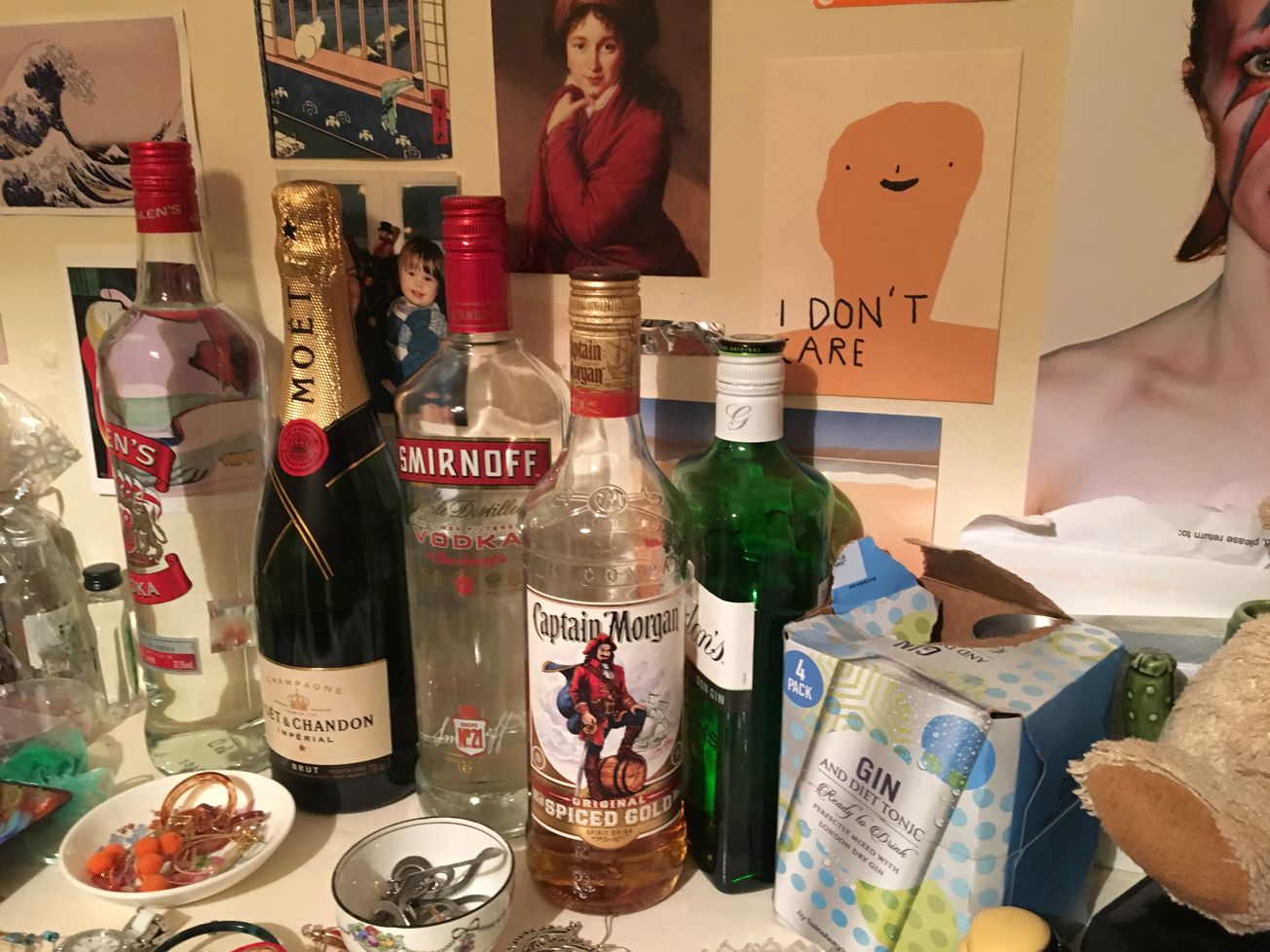by Josie Roberts, Online Living Editor
For those of you who did not feel the initial excitement about coming to university and were rather filled with apprehension or (in some cases) terror, this article is for you as I hope to dispel the myths that many came to university believing.
Being a student, not just in the UK, but also in Bristol comes with a stereotype. The assumption is: students sleep all day and party all night… and the brand new textbook you forked out £30 to buy is still in its plastic wrap in a drawer somewhere in your room. This means that when you go to university you believe that you are about to walk into a world of drinking and staying out until the early hours of the morning every day. Whilst for some people this fills you with excitement and is your idea of fun, for others they may be coming to university for other reasons and some are a combination of both. There are a lot of myths surrounding university and I wanted to go through them to set the record straight.
You will make all of your friends in Freshers’ Week
During Freshers’ Week you will have met a lot of people. When everything is new and chaotic and exciting some of you will become best friends with too many people to count and others will feel like they are drowning in people. I remember feeling a weird combination of feeling like I had made loads of friends, constantly being with people, but at the same time feeling quite isolated. The isolation came from the fact that I had only known these people for a week but we were acting like we had been together for years. It was a mix I couldn’t quite get my head around. If you’re feeling like this now, I totally understand! Some of you may even feel like you don’t have many people at all. What I want to tell you is though, as a final year student, your best friends in your final year may not be your best friends from Freshers’ Week.
First year doesn’t count
Whilst it is very true that your first year (for most degrees anyway - I don’t know that definitively) does not count towards your final degree however that does not mean that it doesn’t count completely. You have to achieve a certain mark to pass to then move onto second year, some internships or graduate positions expect you to have shown academic strength throughout your degree, and if you don’t use your first year properly you risk falling behind in the years that count. What I mean by this is, use your personal and module tutors as much as you can: get feedback, talk through essays and build the skills you need. A lot of the time, essay feedback can be tricky to navigate through, people then can’t be bothered to find out what their tutor actually meant, and therefore they make the same mistakes again and again. I know it is tempting to think, “this doesn’t count towards my degree therefore I’m not going to try” because I had that mentality also. The people that succeed are those that start early.
University means going out and getting drunk
You’d be surprised how many times I’ve heard this from older family friends, neighbours and family members. They look over university culture and see a bunch of “youths” banding together inebriated and rowdy. Obviously when you’ve left school, you’re over 18 and wanting to have fun, university does give you the opportunity to get drunk and go out however there is so much that outsiders don’t see. Studies, societies, charities, sports and talks only tip the iceberg of what going to university enables you to get involved in. Whether you are passionate about baking, love playing netball, want to join LGBTQ+ or campaign for Amnesty International, university gives students the platform they need to excel in whatever they want. I’m not trying to put down going out and having a good time, just trying to dispel the myth that university is not just about how many ciders you can have at the Corri Tap before you pass out.
Featured image: Josie Roberts / Epigram
Do you think there are misconceptions about student life? Want to write for Epigram? Get in touch! Links are below.









